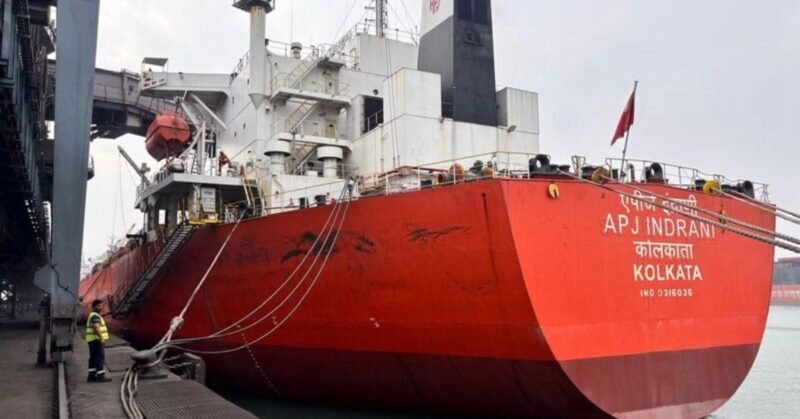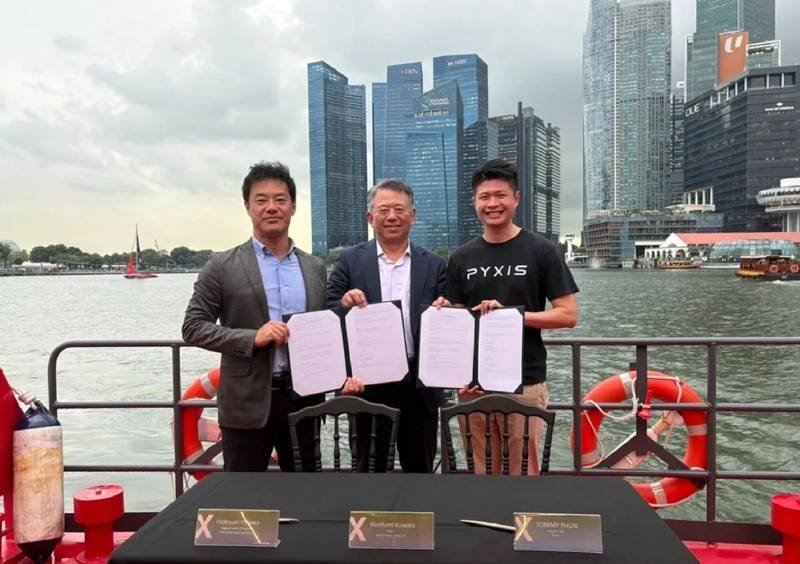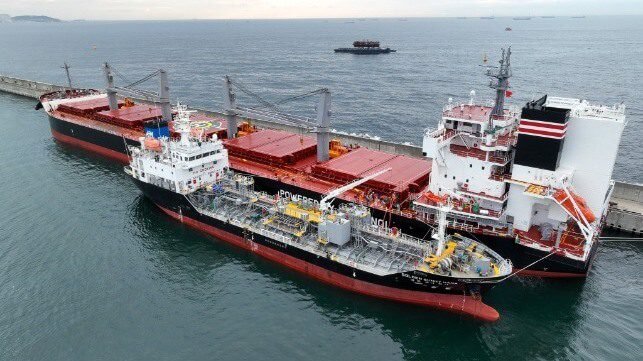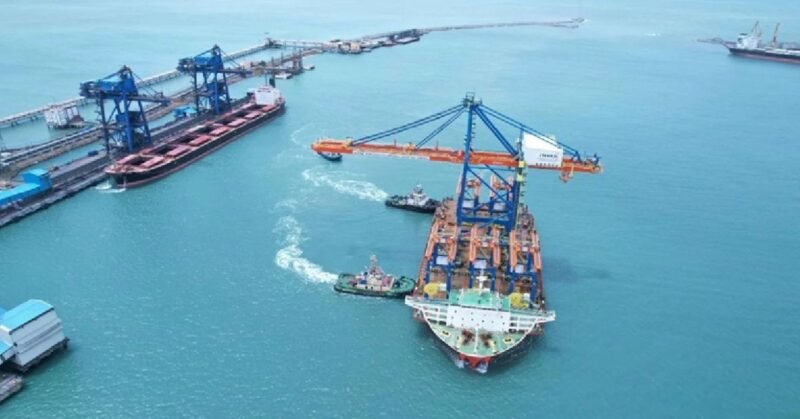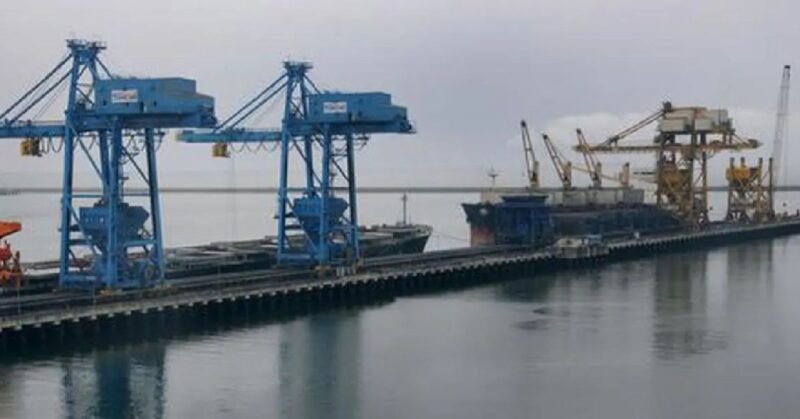Introduction
The maritime industry is continuously exploring alternative fuel sources to reduce emissions and meet environmental regulations. One such alternative is the use of methanol as a marine fuel, which has gained attention due to its potential to significantly decrease greenhouse gas emissions. As the adoption of methanol-fueled ships grows, it is crucial to prioritize the safety and precautions of seafarers. This article delves into the safety measures and precautions that need to be implemented to ensure the well-being of seafarers on methanol-fueled vessels.
- Understanding Methanol as a Marine Fuel:
Methanol, also known as methyl alcohol, is a colorless liquid commonly used in various industrial applications. As a marine fuel, methanol is considered attractive due to its environmental benefits, such as lower sulfur and nitrogen oxide emissions compared to traditional marine fuels. However, it is essential to recognize the unique properties of methanol that pose potential safety hazards. Methanol is highly flammable, toxic if ingested or inhaled, and can cause severe eye irritation. Consequently, seafarers must receive thorough training and education on the properties and handling of methanol to ensure their safety. - Training and Certification Programs:
To effectively operate and handle methanol-fueled ships, seafarers must undergo comprehensive training programs. These programs should cover various aspects, including shipboard safety, methanol handling procedures, and emergency response protocols. The training should be tailored to address the specific risks associated with methanol fuel, emphasizing the importance of proper storage, handling, and personal protective equipment (PPE) usage.
Furthermore, certification programs should be developed to validate the seafarers’ competence in handling methanol safely. These certifications can establish a standardized level of knowledge and skills, ensuring that seafarers can effectively respond to any potential incidents or emergencies involving methanol on board.
- Safe Storage and Handling of Methanol:
Proper storage and handling of methanol are of paramount importance to minimize the risks associated with its use as a marine fuel. Methanol should be stored in dedicated tanks that are resistant to corrosion and leakage. These tanks should be well-ventilated and equipped with appropriate pressure relief systems to prevent the build-up of flammable vapors.
When it comes to handling methanol, seafarers should use appropriate PPE, including gloves, goggles, and protective clothing, to protect themselves from potential exposures. Additionally, proper labeling and signage should be employed to indicate the presence of methanol and its associated hazards, ensuring everyone on board remains aware and cautious.
- Emergency Response and Contingency Plans:
Despite the precautions taken, the possibility of accidents or incidents cannot be completely eliminated. Hence, robust emergency response plans and contingency measures must be established to address potential methanol-related incidents promptly.
Emergency drills should be conducted regularly to train seafarers on how to respond effectively to different scenarios, such as methanol leaks, spills, or fires. These drills should involve simulations of various emergency situations to enhance preparedness and familiarize seafarers with response protocols.
Additionally, each vessel should be equipped with adequate firefighting and spill response equipment, including foam extinguishers, personal gas detectors, and chemical neutralizers. Access to these equipment should be ensured, and seafarers should be trained in their proper usage.
Furthermore, communication systems and procedures should be established to ensure effective coordination among the crew, shore-based support, and emergency response authorities. This will enable prompt reporting and response in case of an incident, minimizing potential risks to both seafarers and the environment.
- Regular Inspections and Maintenance:
To maintain the safety of methanol-fueled ships, regular inspections and maintenance are crucial. Seafarers should conduct routine checks on fuel storage tanks, fuel lines, and associated equipment to identify any signs of leaks, corrosion, or damage. These inspections should be carried out according to established schedules and documented for reference.
Maintenance activities, including tank cleaning, should be performed as recommended by manufacturers and in adherence to safety protocols. Regular maintenance ensures that any potential issues are identified early and addressed promptly, reducing the risk of accidents or system failures.
Conclusion:
As the maritime industry steers towards more sustainable and environmentally friendly practices, the use of methanol as a marine fuel holds considerable promise. However, the safety and well-being of seafarers must remain a top priority. By implementing comprehensive training programs, ensuring safe storage and handling, establishing emergency response plans, and conducting regular inspections and maintenance, seafarers’ safety on methanol-fueled ships can be effectively safeguarded. With proper precautions and adherence to safety protocols, the industry can embrace methanol as a viable solution while minimizing risks and ensuring a sustainable future.








